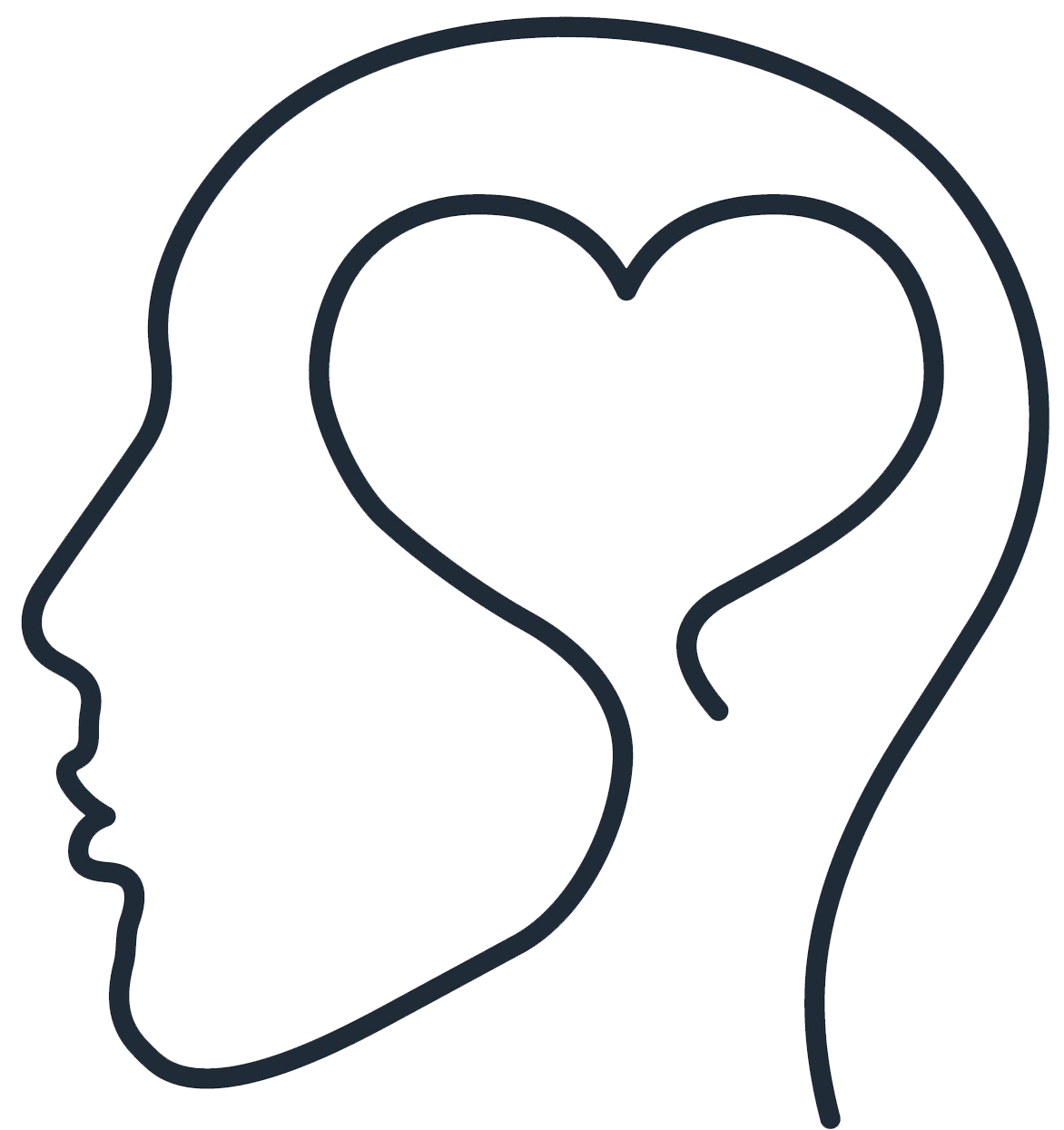We provide a comprehensive approach to mental health treatment specifically designed for older adults.
1. Individualized Mental Health Treatment
- Assessment: Conduct thorough assessments to understand each client’s mental health status, cognitive abilities, and emotional needs.
- Personalized Therapy: Utilize evidence-based therapies such as Cognitive Behavioral Therapy (CBT) or Acceptance and Commitment Therapy (ACT) that are effective for older adults.
2. Cognitive Adaptation
- Cognitive Training: Implement cognitive training exercises to help clients adapt to changes in memory and processing speed.
- Routine Establishment: Encourage the development of daily routines that can help clients manage cognitive changes and maintain a sense of normalcy.
3. Family Dynamics and Independence
- Family Counseling: Facilitate family therapy sessions to improve communication and understanding among family members.
- Empowerment Strategies: Teach clients skills to assert their independence while navigating family relationships, ensuring they feel supported yet autonomous.
4. End-of-Life Issues
- Advance Care Planning: Guide clients through discussions about their wishes for end-of-life care, including living wills and power of attorney.
- Ethical Considerations: Address ethical dilemmas related to autonomy, quality of life, and medical interventions, ensuring clients’ values and preferences are respected.
5. Grief Processing
- Grief Counseling: Provide a safe space for clients to express their grief over past relationships and missed opportunities, using techniques like narrative therapy to reframe their experiences.
- Support Groups: Encourage participation in support groups where clients can share their experiences and connect with others facing similar challenges.
6. Holistic Approaches
- Mindfulness and Relaxation: Introduce mindfulness practices and relaxation techniques to help manage anxiety and improve overall well-being.
- Physical Activity: Promote physical activity tailored to their abilities, as it can significantly enhance mental health.
7. Ongoing Support and Resources
- Regular Check-Ins: Schedule regular follow-ups to monitor progress and adjust treatment plans as needed.
- Community Resources: Connect clients with community resources, such as senior centers or mental health organizations, for additional support.
By implementing these strategies, we can help you create a supportive environment that addresses your mental health needs while respecting your individuality and life experiences. If you need more specific resources or tools for any of these areas, feel free to ask!



